
One cannot sincerely deny the fact that the recent disputed election results case of Nigeria which was taken to the Supreme of Court of Nigeria for resolution and amicable settlement is a clear indication of Nigeria trying to take a cue and learn a lesson from Ghana’s current prevailing stable democracy; which had had two disputed election results cases being sent to the Supreme Court of Ghana for a peaceful settlement.
Nigeria, which is seven times the size of Ghana; and has the largest population in Africa is characterised with strong ethnic feelings in her political rule since attaining independence from British colonial rule and exploitation in October, 1960, had not been all that easy in the arena of her politics; and consequently, the country had once experienced a civil war which emanated from strong ethnic feelings that got to an explosive point and plunged the country into a bloody civil war in 1967.
This civil war broke out as a result of the anger and dissatisfaction of Colonel Ojukwu declaring a secession and establishing an independent State of Biafra from the rest of Nigeria.
This breakaway masterminded and led by Colonel Ojukwu from Eastern Nigeria was fiercely resisted by the rest of Nigeria under the command of General Yakubu Gowon from Northern Nigeria.
One could recall how bloody this civil war was which began in 1967 and eventually ended in early 1970.
One could also recall how bloody this civil war was that resulted into the death of many Nigerians, and many being maimed; and many others who fled the country, particularly to Ghana and other African countries and beyond for their safety.
Realising that he had lost the war and the idea to establish the Biafra state, Colonel Ojukwu fled the country and took refuge in Cote d’Ivoire for his safety.
This is a bitter experience in Nigerian politics, which is negatively memorable and indelible.
Military coups and rumours of military coups had been rampant in Nigerian politics which had seen series of military takeovers of political power of governance such as that of General Murtala Mohammed, Colonel Dimka, General Babangida, General Buhari etc.
It appears that Northern Nigerians had been in dominance of Nigerian political power and rule since her independence dating as far back as the time of Alhaji Sir Abubakar Tafawa Balewa; the first Prime Minister of Nigeria, who was overthrown by the Nigerian military in January 1966 which incidentally preceded Ghana’s military coup which also overthrew Osagyefo Dr Kwame Nkrumah, the first President of Ghana of blessed memory on 24th February, 1966.
In Ghana, the political rule and stability particularly since the country assumed partisan politics and democratic system of governance dating as back as the time of Dr Kofi Abrefa Busia of the Progress Party (P.P) is comparatively more stable than in the Nigerian situation of politics and governance.
This favorable situation is primarily due to Ghana’s political tolerance, peace and understanding among Ghanaians which emanates from the absence of strong ethnic feelings as evident from the Nigerian political situation.
The political problems of Nigeria can be summarized in Chinua Achebe’s the world famous Nigeria writer of blessed memory, little book titled; “The Trouble with Nigeria”.
According to Chinua Achebe, “The trouble with Nigeria is simply and squarely a failure of leadership”
This blunt assertion by Chinua Achebe can be elaboratively explained by saying that incompetent leadership is evident in Nigerian politics as a result of inordinate ambition of individuals, particularly from the Northern part of Nigeria who are always eager to dominate in the political rule of Nigeria.
This is definitely a baneful situation in Nigerian politics whereby, persons from one part of the country feel that they have the right and mandate to rule Nigeria at all times.
Ghana, the star of Africa is comparatively less politically challenged than Nigeria owing to the reasons that had been explicitly stated earlier on in this article about Nigerian politics.
Thus, Ghana stands in a unique favorable situation, particularly by her stabilised democratic system of governance to teach Nigerians to tolerate each other and to live in peace in the art of partisan politics and rule.
Since there are many similarities between Ghanaians and Nigerians as Africans, besides partisan politics and rule, such as food, music, business practice and even language etc. Ghana must at all costs try to maintain her present stable, peaceful and sustaining culture of politics and rule, so that this will be emulated not only by Nigeria but by all African countries so that the African continent will be speedily developed to a very high level of economic growth, development and prosperity.
I am highly optimistic that Ghana as the star of Africa will be able to maintain and improve upon her present stable and peaceful democratic system of governance; for this is s necessary condition that will guarantee Ghana the continual leadership role in African affairs.
In conclusion, I state that Nigeria must be highly praised for her recent handling of her disputed election results case.
The rest of African countries must also learn from Nigeria to tolerate each other; and to live in peace and unity in their practice of partisan politics and system of governance; especially in times of election results disputes, so that there will be no chaos and disorder that will bring about misery and suffering to the people.
Nigeria is definitely on the right path of improving upon her practice of partisan politics and democratic system of governance, which is unprecedented in the annals of Nigerian politics.
Ghana, the star of Africa is comparatively less politically challenged than Nigeria owing to the reasons that had been explicitly stated earlier on in this article about Nigerian politics
BY MICHAEL AKENOO: THEATRE CRITIC
The post Ghana’s stable democracy and its impact on the recent disputed election results case of Nigeria appeared first on Ghanaian Times.
Read Full Story
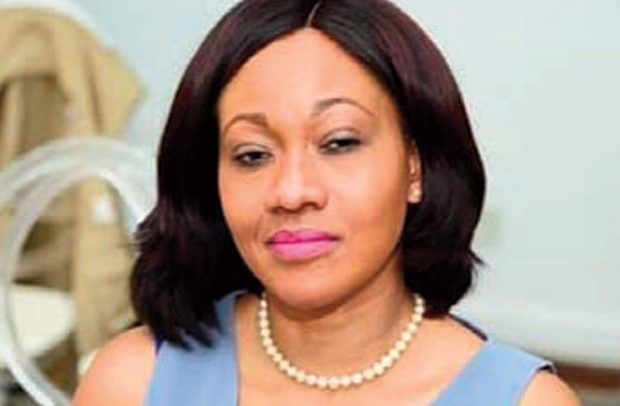

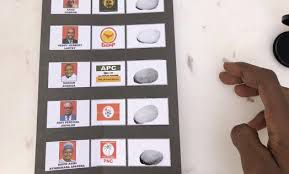
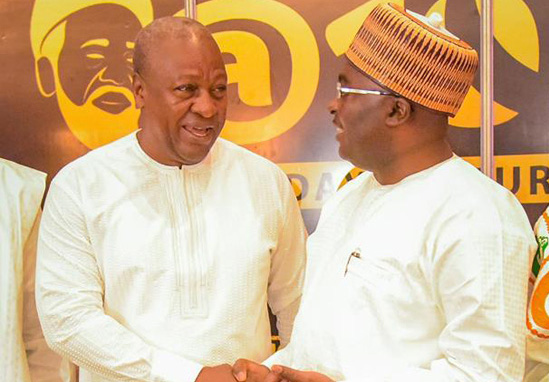
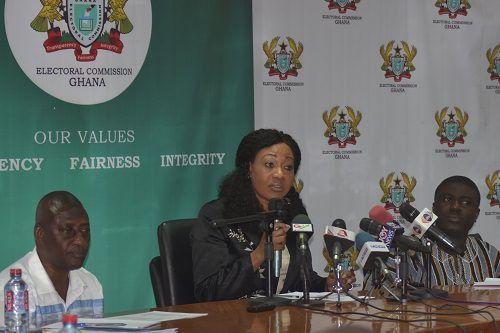
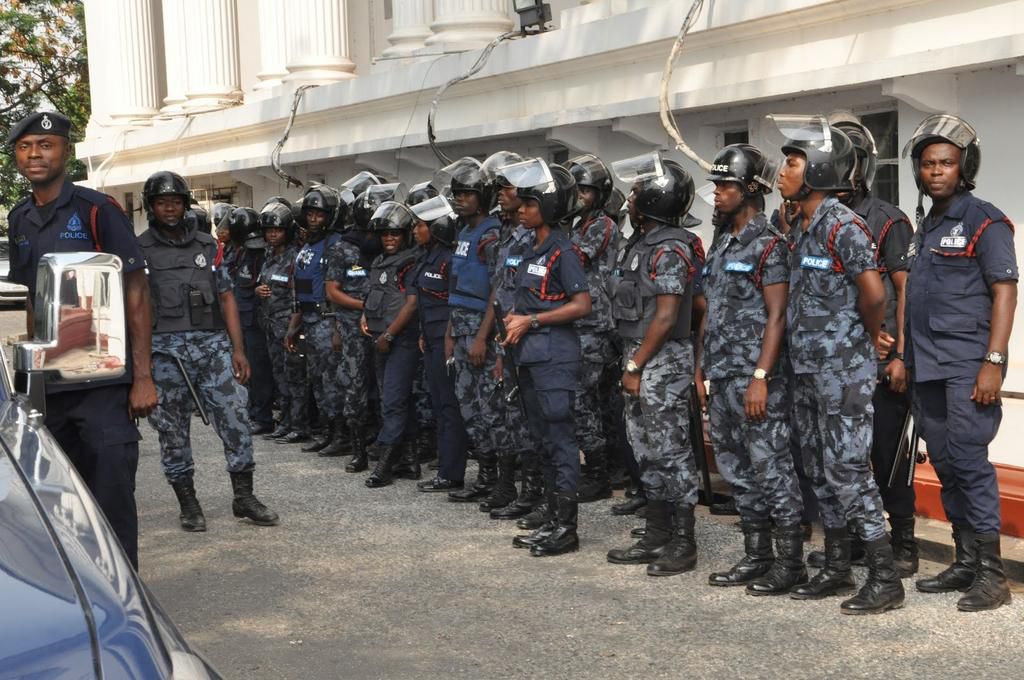


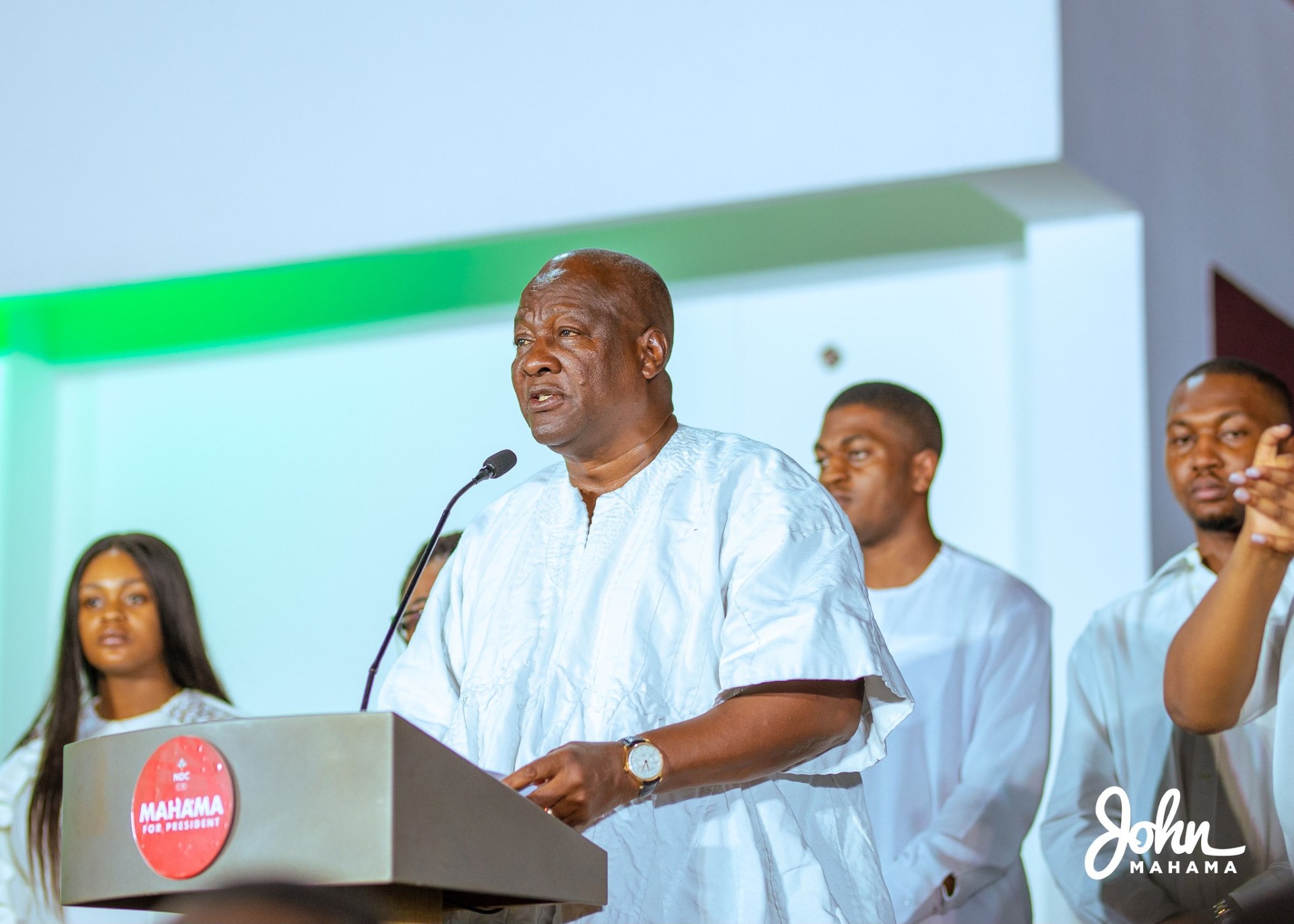
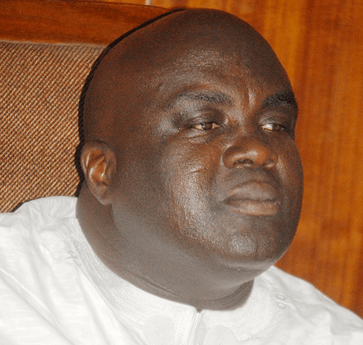
Facebook
Twitter
Pinterest
Instagram
Google+
YouTube
LinkedIn
RSS